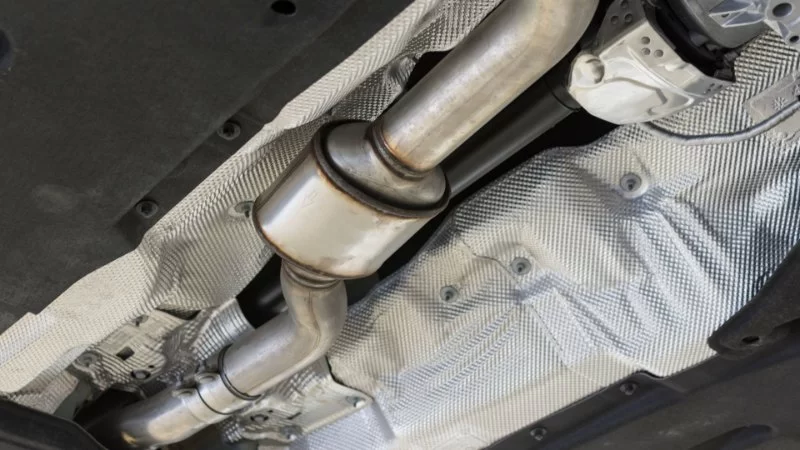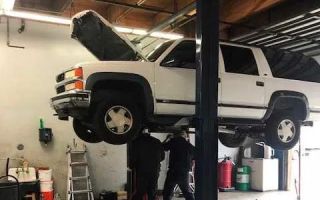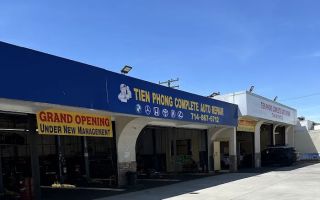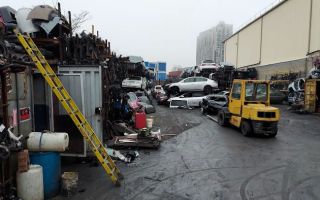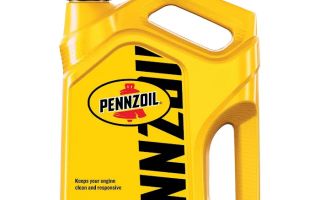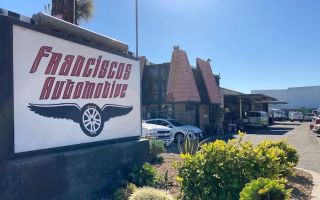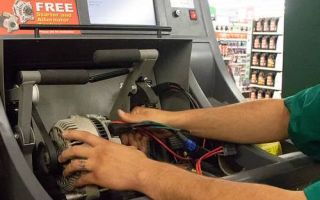- what-is-a-catalytic-converter-heat-shield
- why-is-the-heat-shield-so-important
- common-issues-with-heat-shields
- how-to-identify-a-faulty-heat-shield
- repair-or-replace-practical-advice
- real-world-scenarios-and-roadside-solutions
- expert-support-when-you-need-it-most
1. What Is a Catalytic Converter Heat Shield?
Your vehicle’s catalytic converter plays a critical role in reducing harmful emissions, but in doing so, it can get incredibly hot—reaching temperatures over 1,200°F (650°C). That’s where the catalytic converter heat shield comes in. This essential component acts as a protective barrier, deflecting heat away from surrounding vehicle parts and reducing the risk of fire or damage.
Though it's often overlooked, understanding your car’s catalytic converter heat shield can help prevent long-term issues and enhance the overall safety and performance of your vehicle.

Pick Your Part - Help Yourself
1232 Blinn Ave, Wilmington, CA 90744, USA
2. Why Is the Heat Shield So Important?
2.1 Preventing Heat Damage
The primary function of the heat shield is to protect other components—like the undercarriage, fuel lines, or even the cabin floor—from excessive heat. Without it, heat can radiate uncontrollably, causing plastics to melt or electronics to malfunction.

Pick Your Part - Greer
13054 E Wade Hampton Blvd, Greer, SC 29651, USA
2.2 Enhancing Vehicle Safety
More than just comfort or performance, the heat shield is a key safety component. Vehicles with missing or damaged heat shields are more prone to fires, especially in hot weather or when parked over dry grass.
2.3 Noise and Vibration Reduction
Some catalytic converter heat shields also serve a dual role by dampening vibrations and minimizing noise from the exhaust system. If you've ever heard a mysterious rattling under your car, your heat shield may be the culprit.
3. Common Issues with Heat Shields
3.1 Corrosion and Rust
Because the heat shield is located underneath your vehicle, it’s highly exposed to water, salt, and debris—especially in snowy or coastal areas. Over time, the metal may corrode or the mounting bolts can rust away, leaving it loose or completely detached.
3.2 Rattling or Clanking Sounds
A frequent complaint mechanics hear is a metallic rattle during acceleration or idling. This often indicates a loose heat shield, which can still be physically intact but no longer secured properly.
3.3 Theft and Tampering
With catalytic converter thefts on the rise, heat shields are sometimes removed or damaged by thieves. While their main target is the converter itself, the heat shield often becomes collateral damage in the process.
4. How to Identify a Faulty Heat Shield
4.1 Audible Symptoms
Noise is usually the first indicator. If you hear rattling underneath your car—especially when starting it cold or driving over rough roads—it’s worth inspecting the exhaust system for a loose heat shield.
4.2 Visual Inspection
If you're comfortable doing so, use a jack and safety stands to look underneath your car. Check if the shield is rusted, hanging loose, or showing signs of damage. If you see it dangling or touching other components, it needs immediate attention.
4.3 Check Engine Light or Heat Issues
In rare cases, excessive heat from a missing or damaged heat shield can trigger a check engine light or even cause performance dips due to overheating nearby sensors or fuel lines.
5. Repair or Replace? Practical Advice
5.1 When to Repair
If the heat shield is merely loose and not corroded, mechanics can often re-secure it with new bolts or clamps. This is usually a quick and affordable fix.
5.2 When to Replace
Extensive rust, missing sections, or repeated loosening may call for a full replacement. OEM parts are ideal, but for older vehicles, custom-fabricated or universal heat shields can also do the job effectively.
5.3 DIY vs. Professional Help
While minor reattachments can be done by seasoned DIYers, it's usually safer to seek professional help—especially if you're dealing with corrosion near fuel lines or other critical components.
6. Real-World Scenarios and Roadside Solutions
In one recent case, a family en route to a camping trip heard a loud rattling near their exhaust pipe. They stopped at a rest area, where a local mechanic identified a half-detached heat shield. While not an emergency, it posed a risk if left unresolved. Fortunately, the family called Rescue & Towing who arranged a nearby repair garage to secure the shield within an hour—saving their weekend plans.
These situations are more common than you’d think. A loose or missing heat shield won’t always stop your car from running—but ignoring it could lead to far more serious consequences down the line.
7. Expert Support When You Need It Most
If you suspect your catalytic converter heat shield is damaged or missing, don’t wait until it causes more harm. At Rescue & Towing, our expert team is ready to help diagnose, repair, or replace components quickly and safely. Whether you're hearing strange noises or worried about heat damage, we provide the kind of fast, reliable service that gets you back on the road with peace of mind.
Remember, the heat shield may be small, but its job is massive—protecting both your car and your safety every time you drive.

